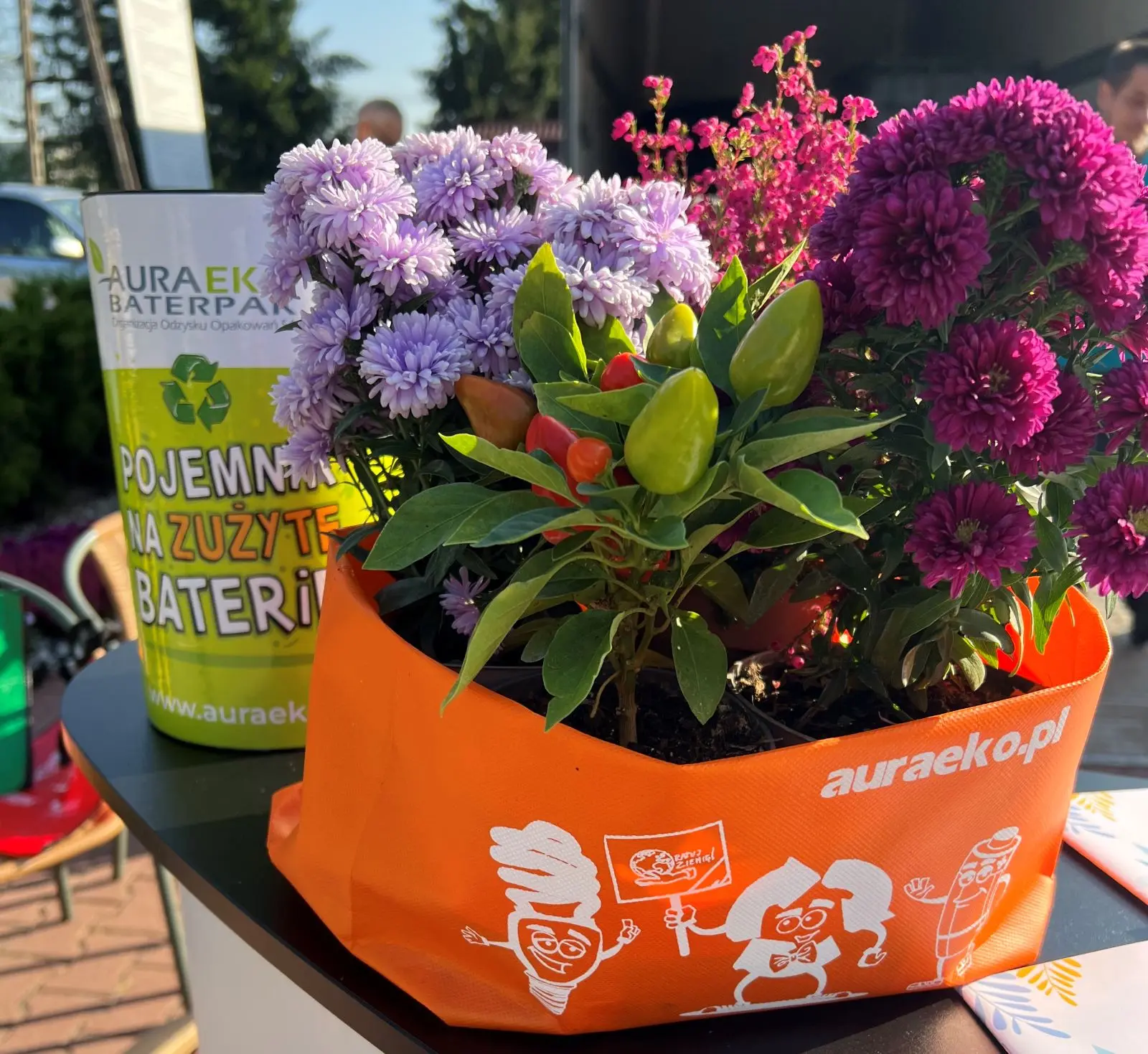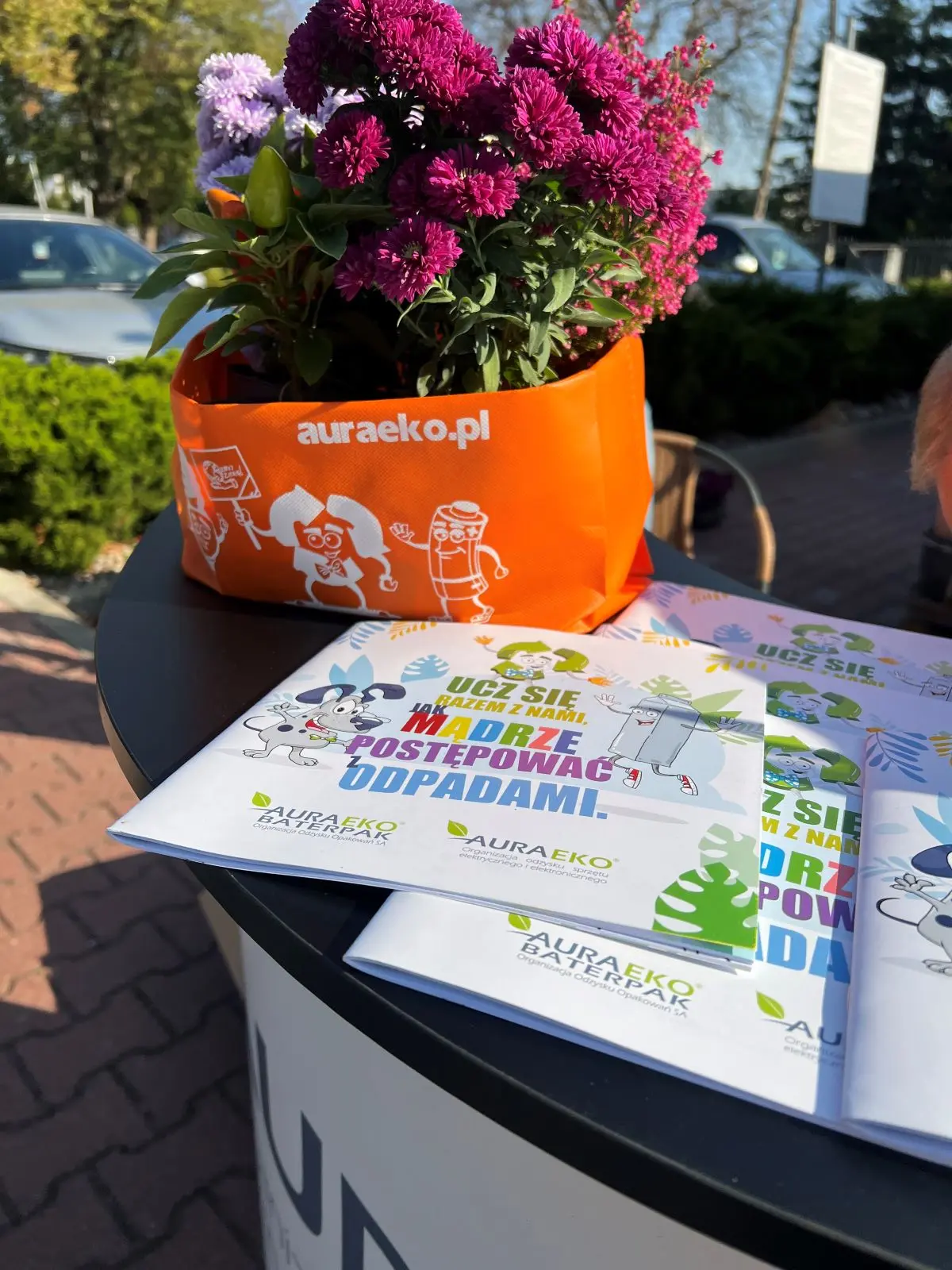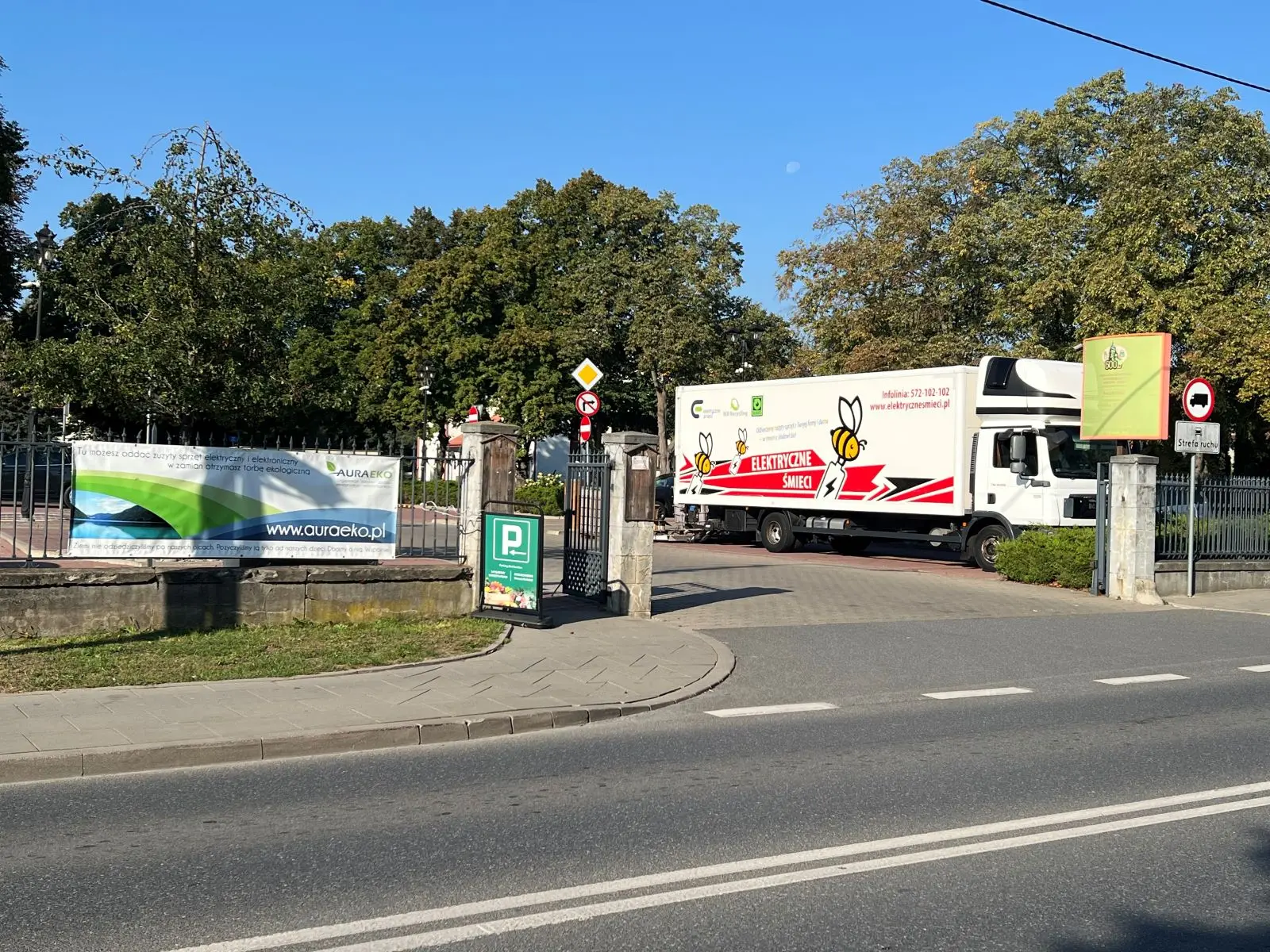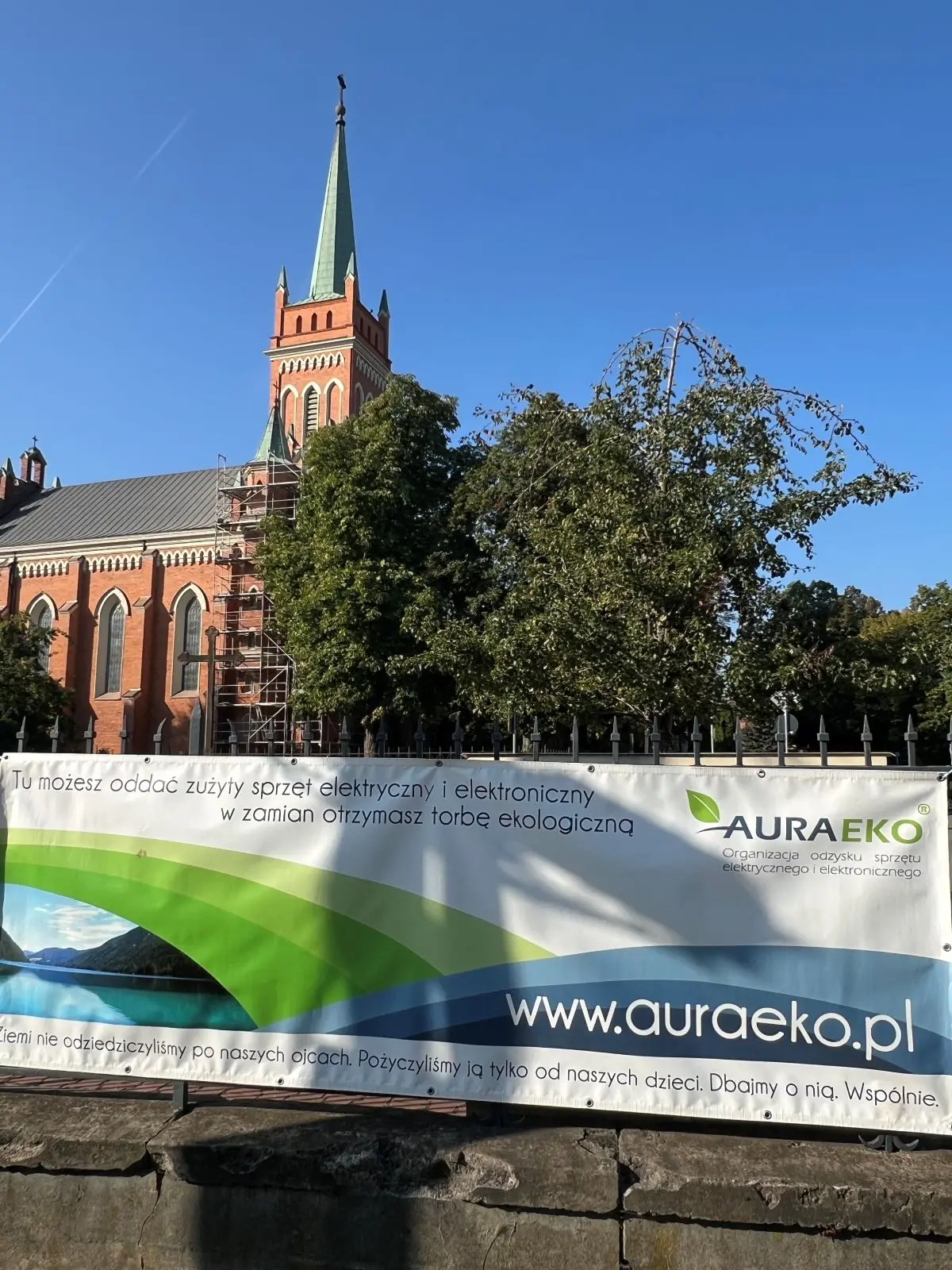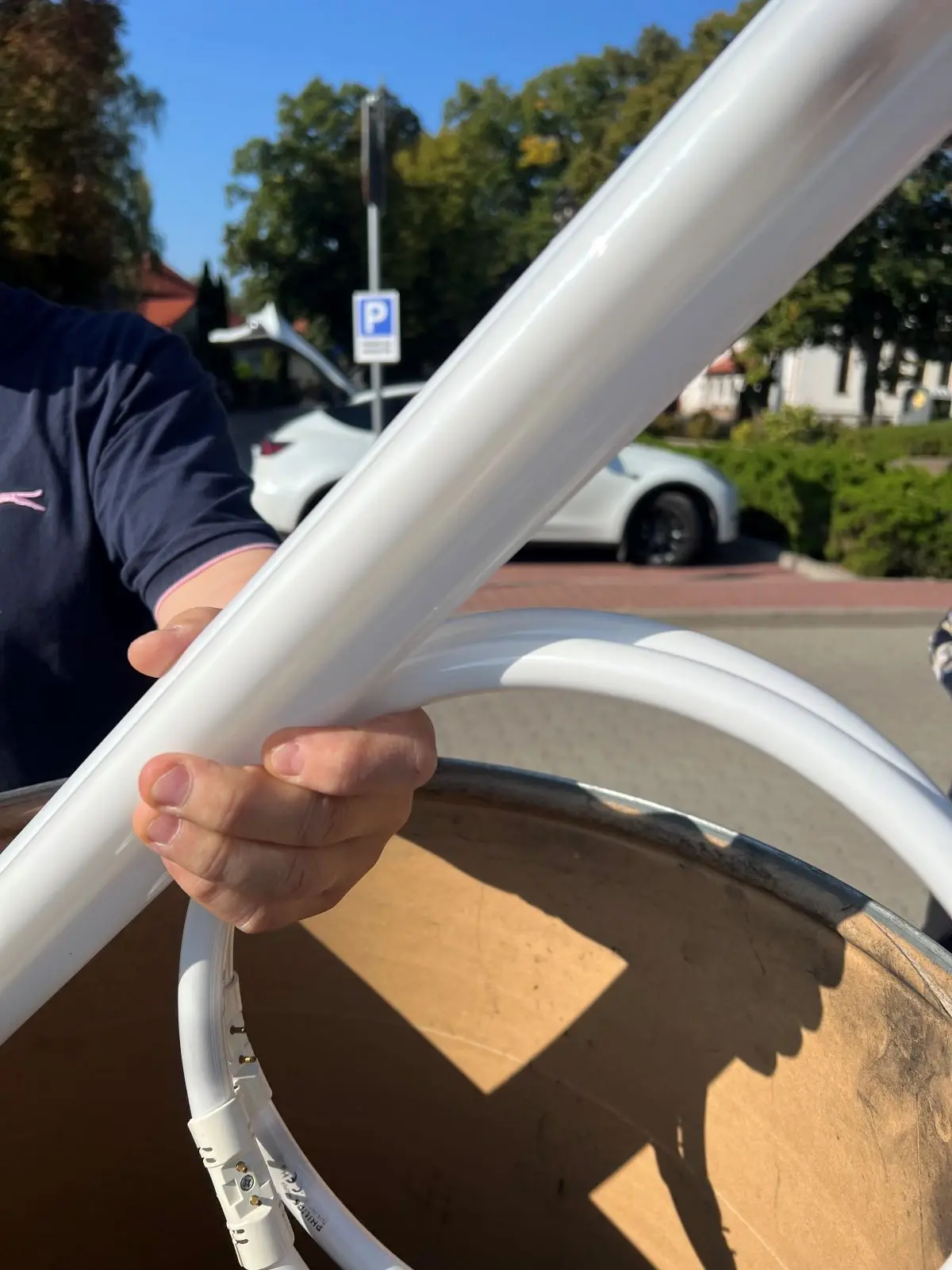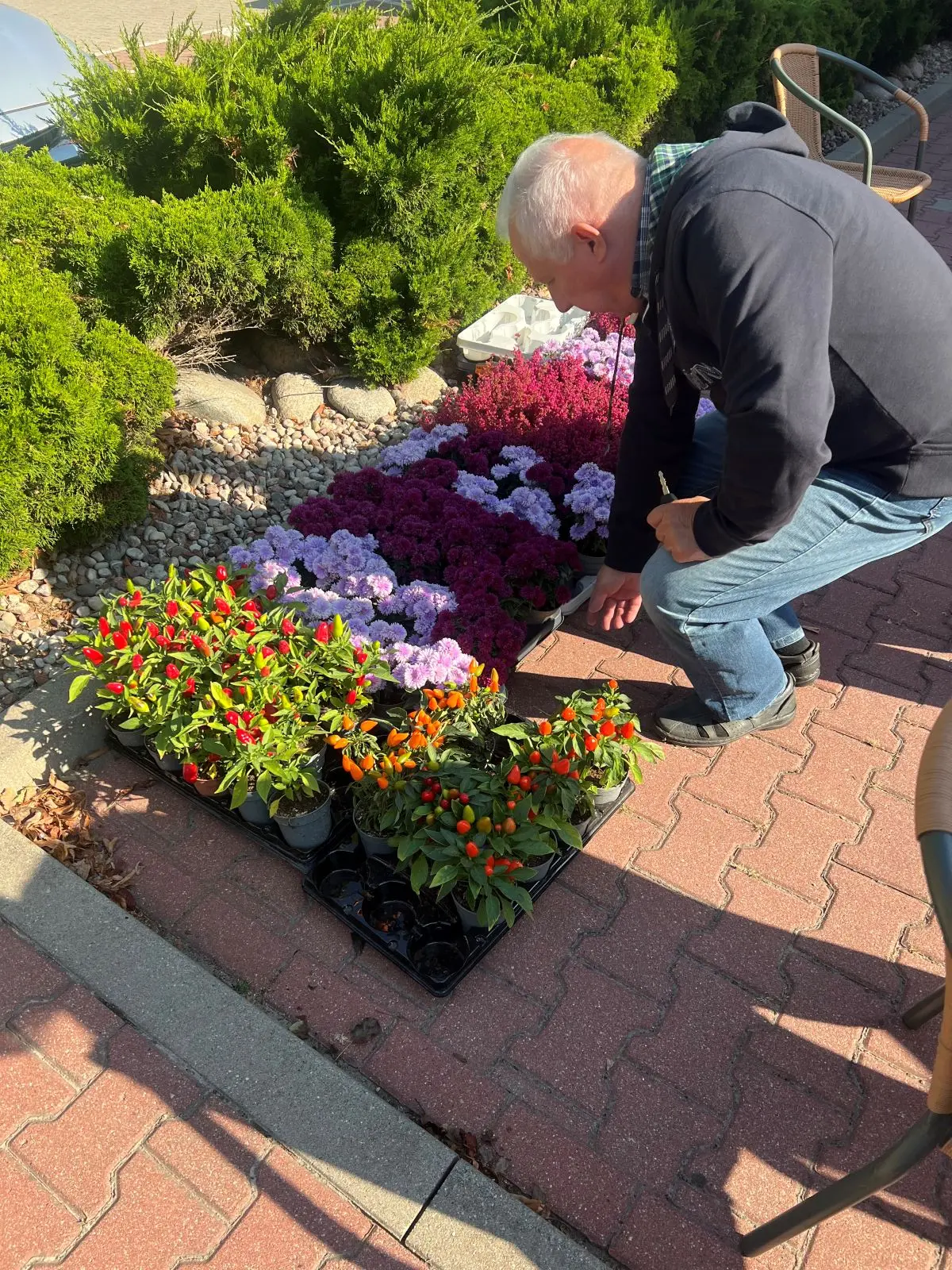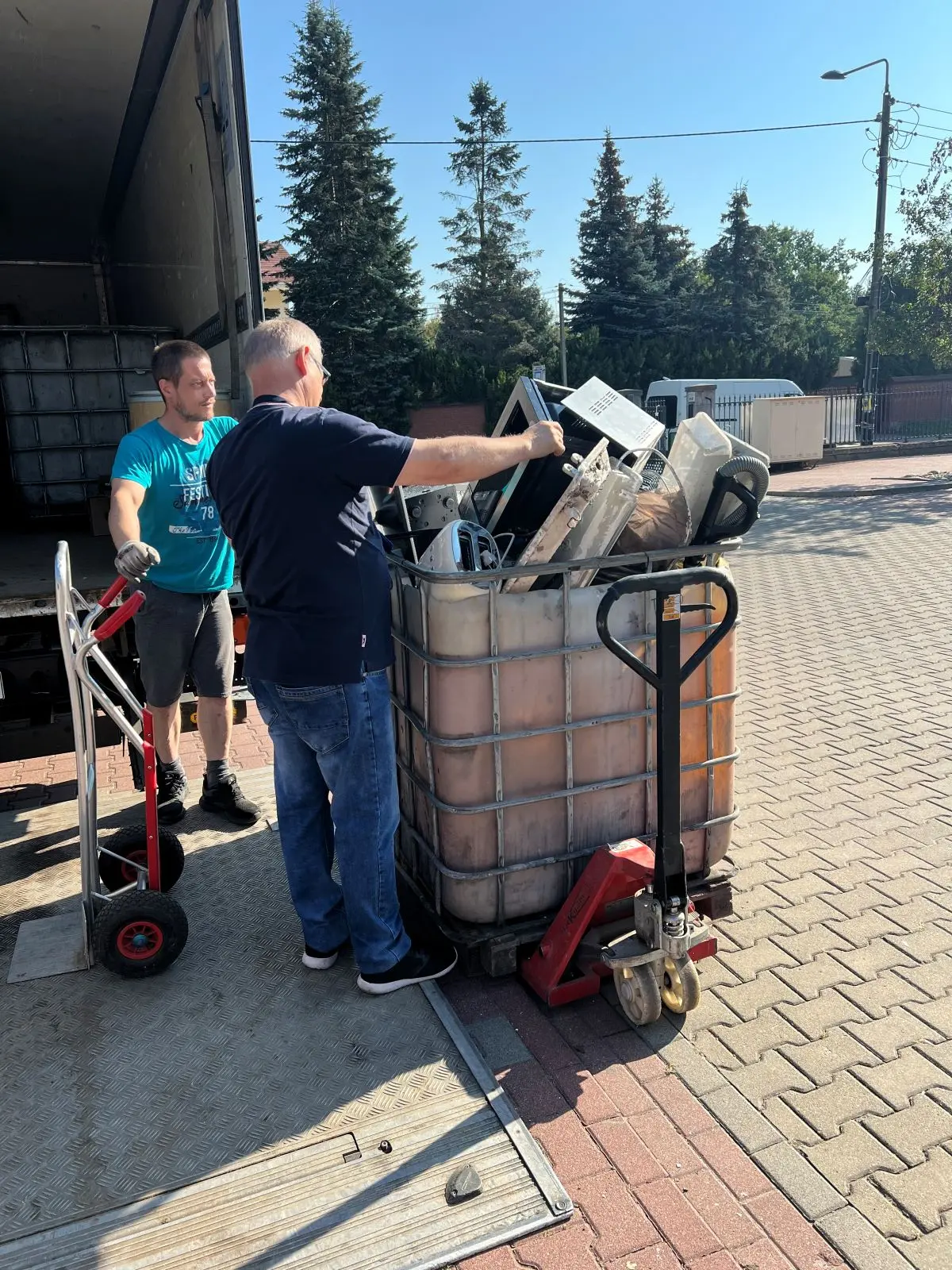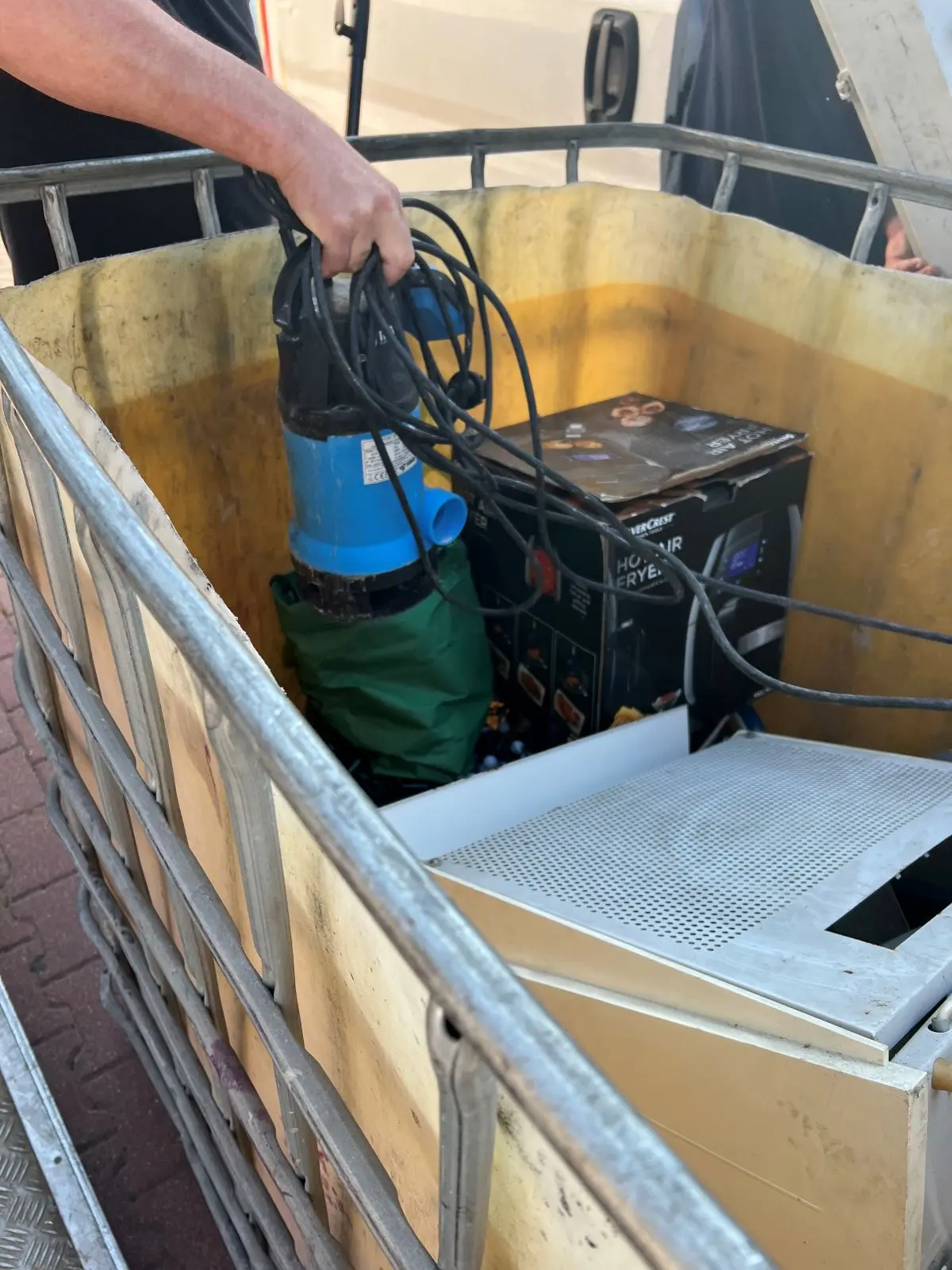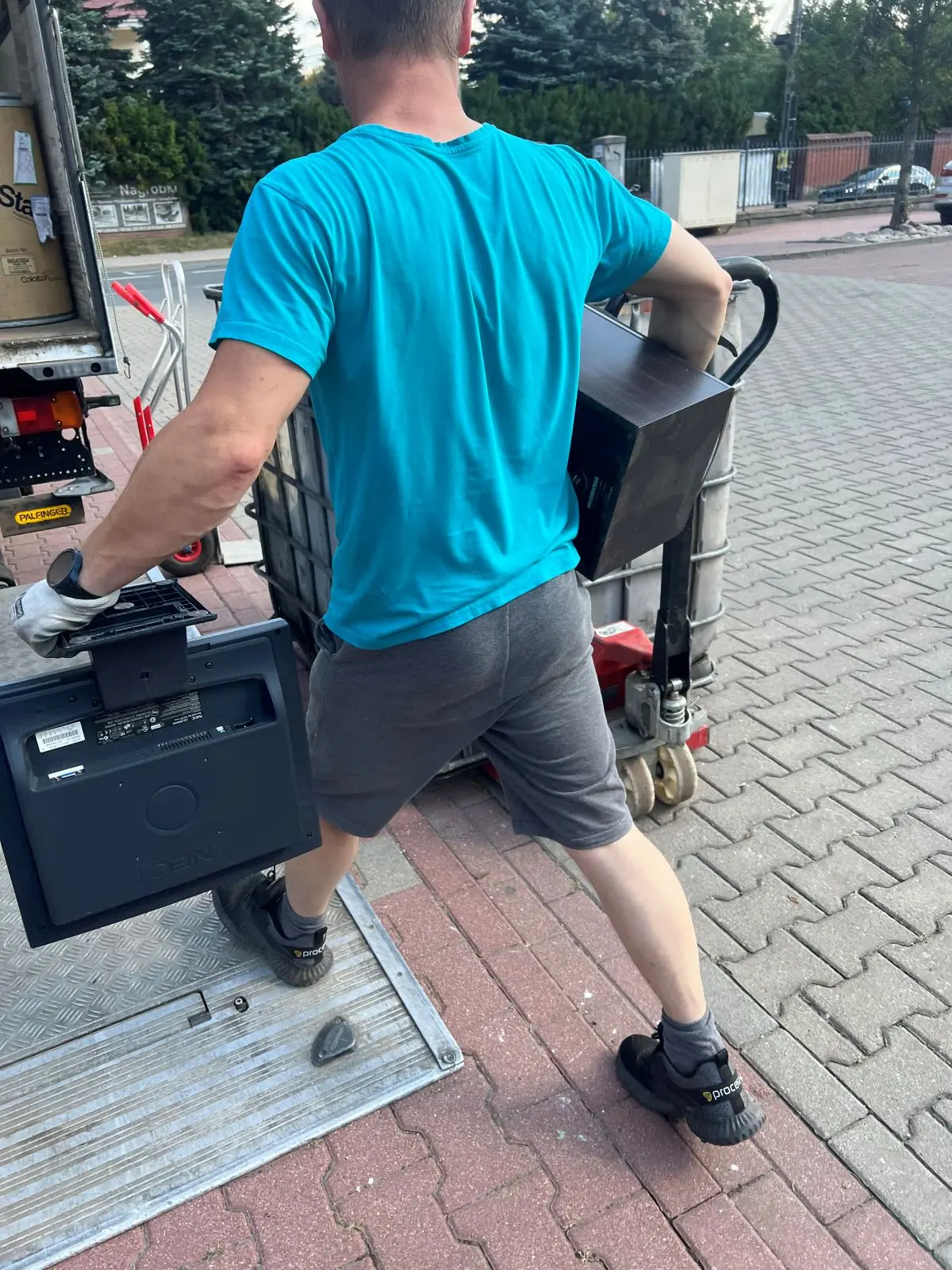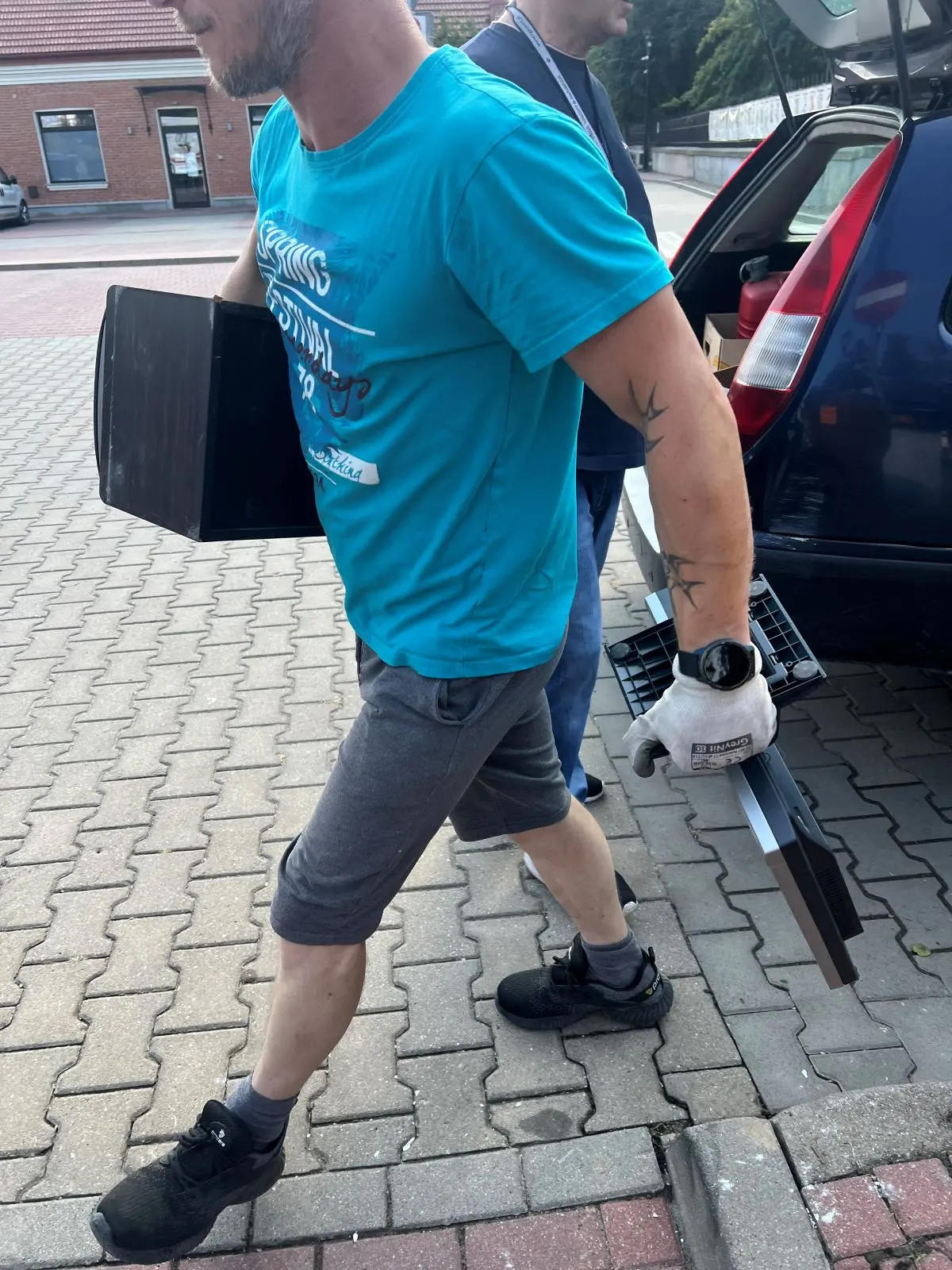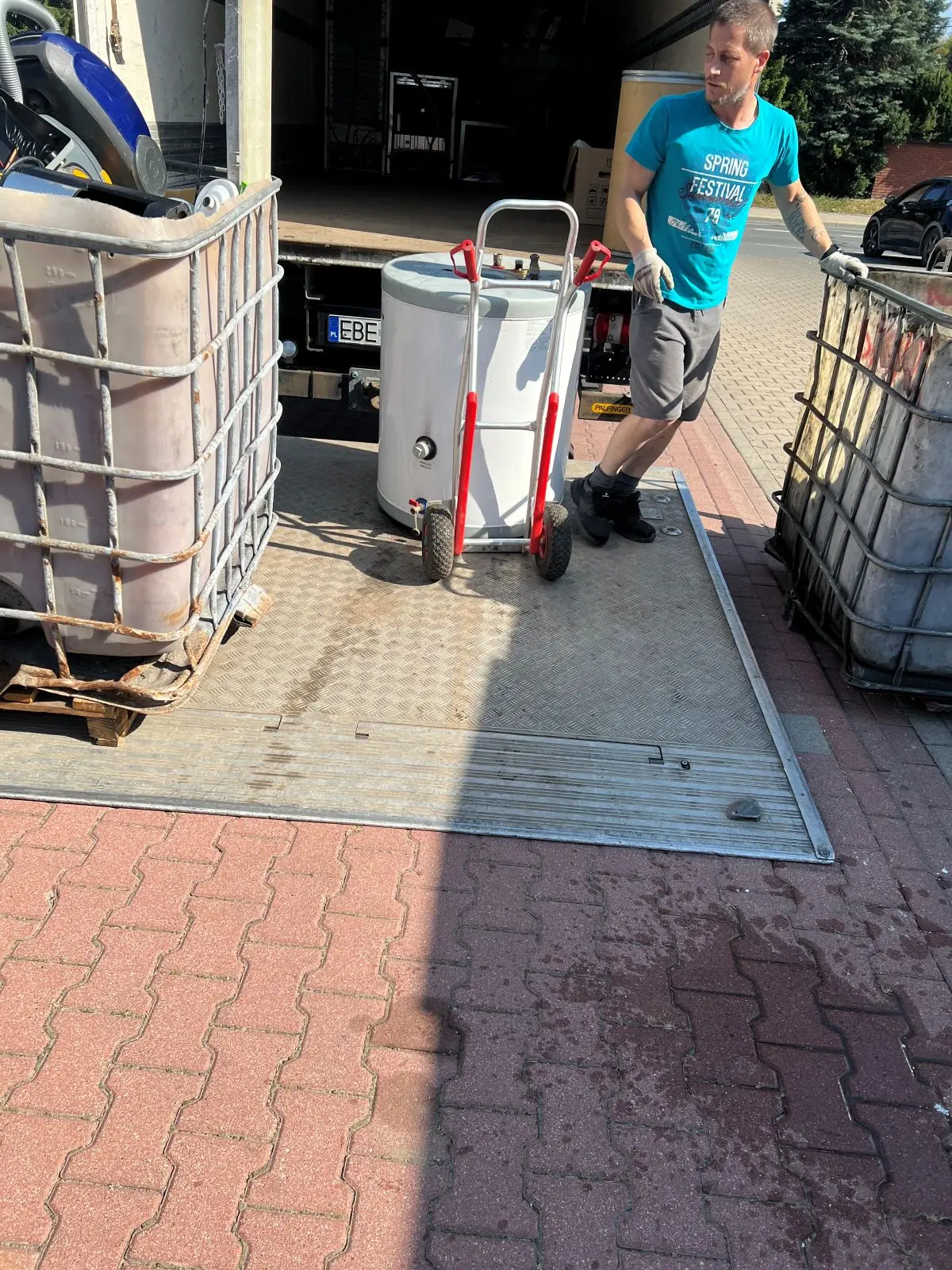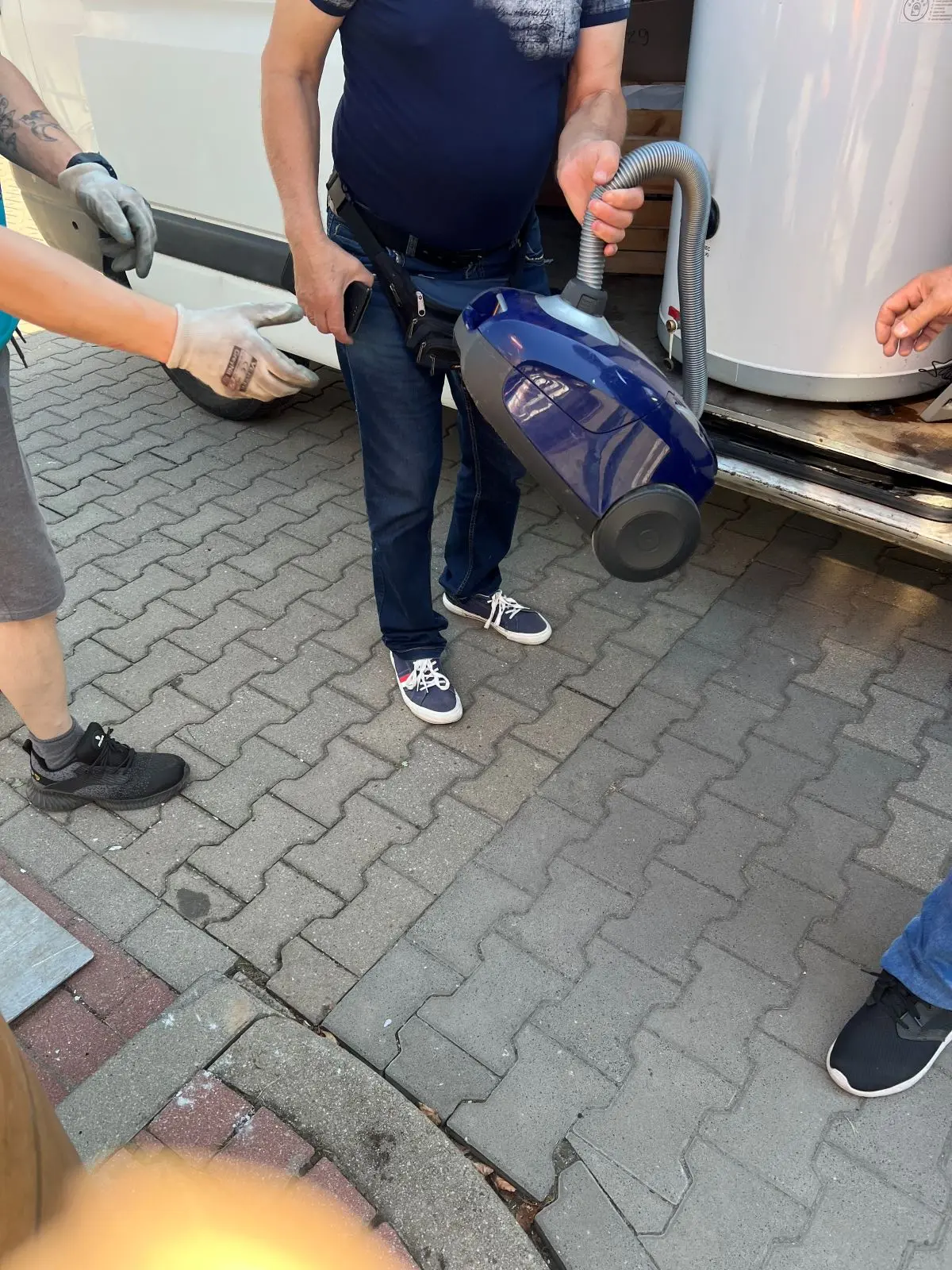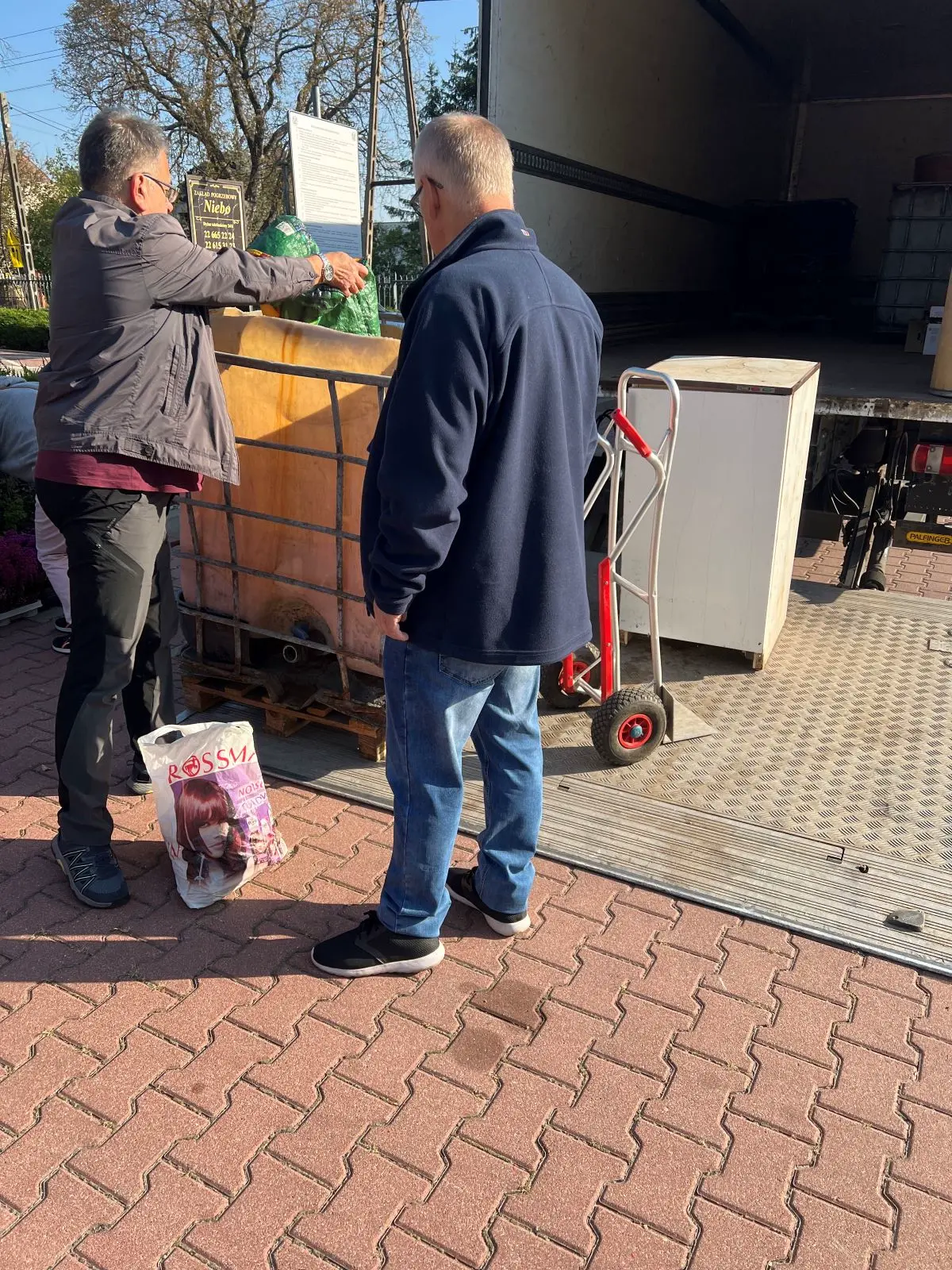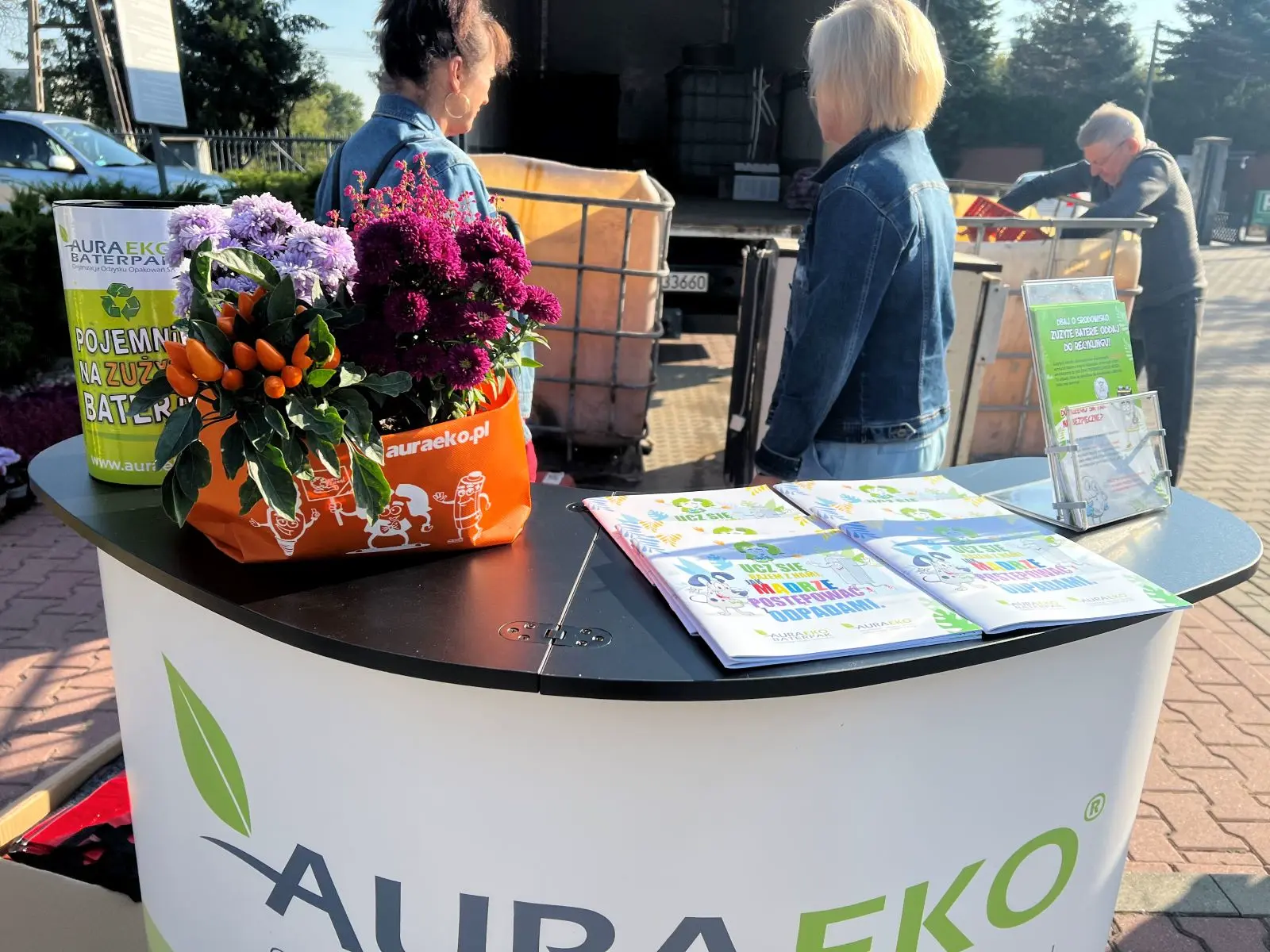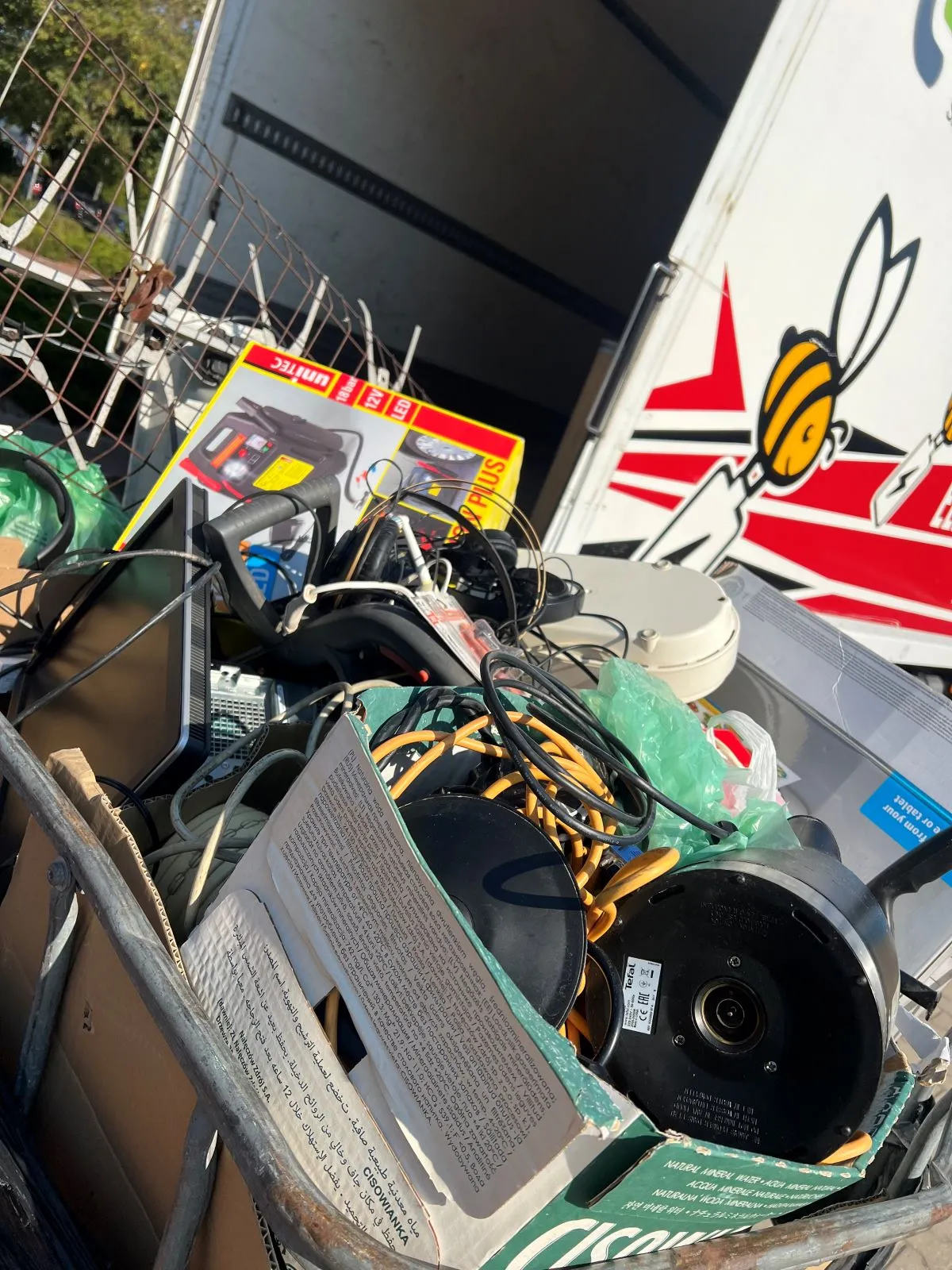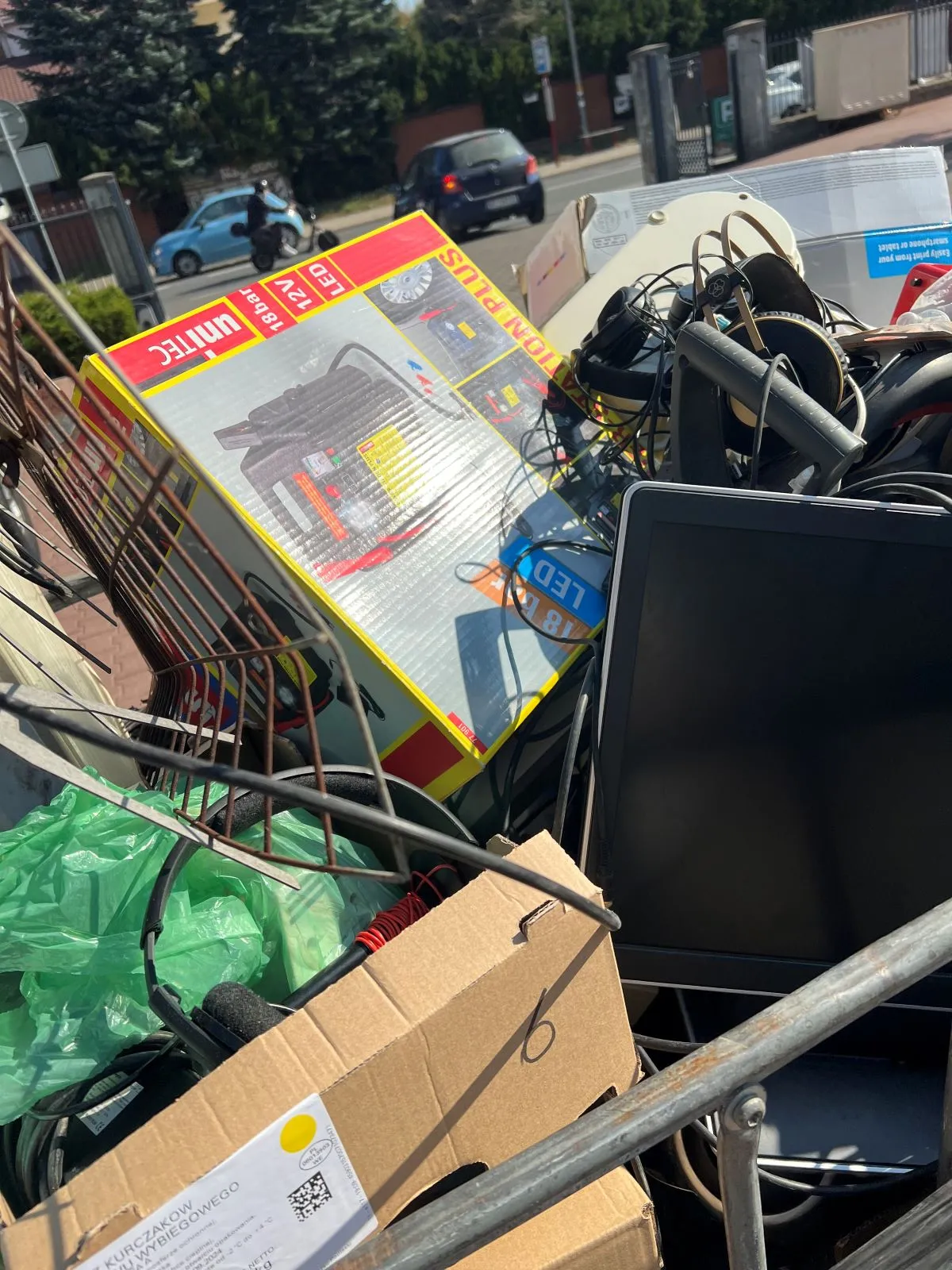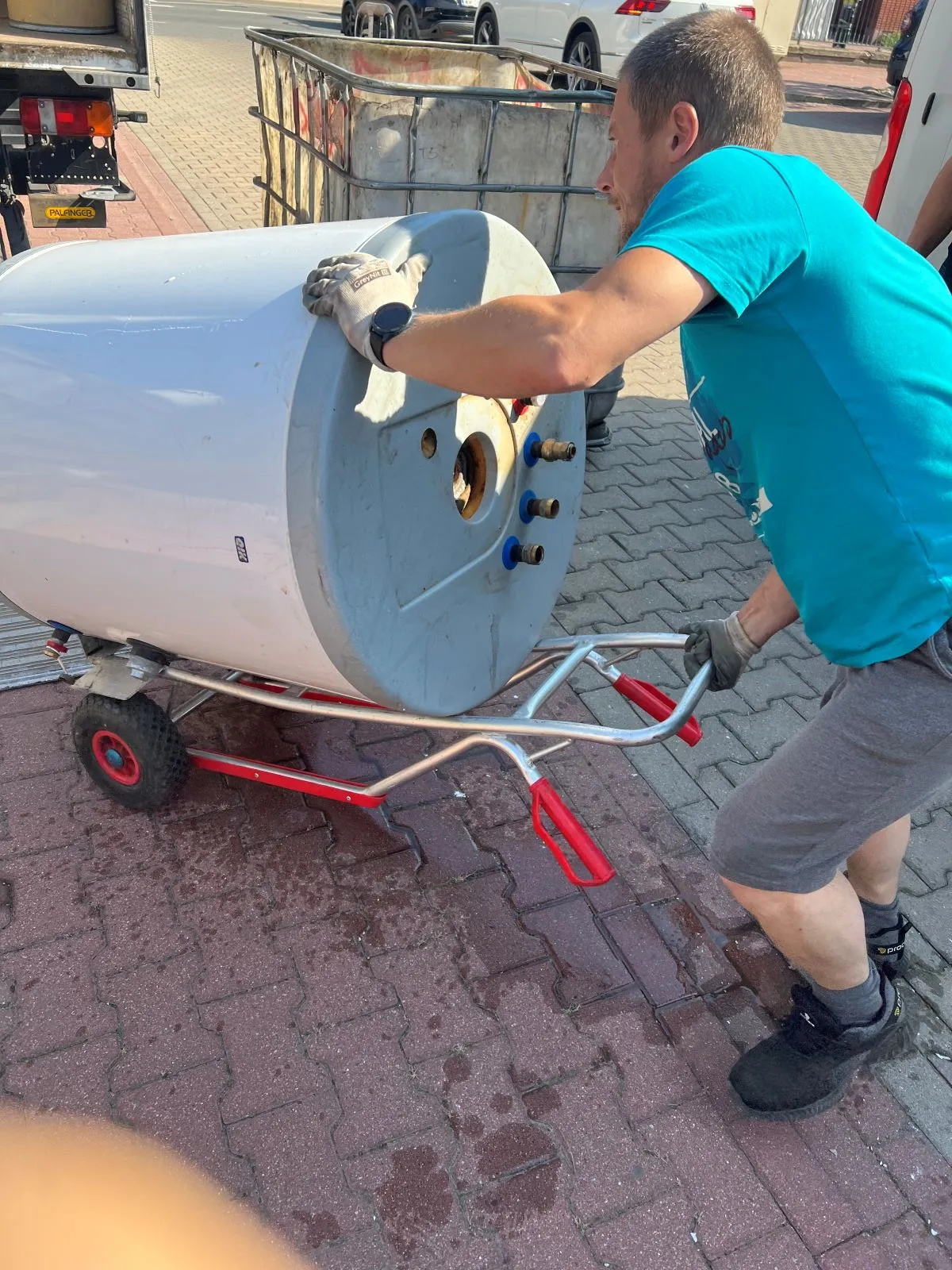Autumn collection of electronic waste in Zerzeń
On Saturday, 21 September, together with the residents of Wawer, we said goodbye to summer and cleaned up the world. Inhabitants of Wawer once again showed their involvement and environmental awareness. For 5 hours, we collected 2 tons of waste equipment in the parking lot of the Parish of the Assumption of Blessed Virgin Mary in Zerzeń. In exchange for electronic waste and waste batteries, we distributed beautiful plants and reusable bags, whereas those who visited our educational stand received brochures and leaflets with information on electronic waste and waste batteries.
Environmental education does not lose its importance
Due to rapid technological development, both electric and electronic equipment becomes waste very quickly. Not a long time ago, we only had it replaced when it was broken and could not be repaired. Nowadays, we are motivated not by its wear-and-tear, but by the desire to have equipment with better and better technical parameters. This results in a constant increase in the amount of waste equipment, which is classified as hazardous waste due to the content of toxic substances which easily get absorbed into the soil, air and groundwater, thus polluting natural environment and posing a threat to health of both human beings and animals. Such substances are not hazardous when devices are used properly, however, they pose a threat if waste equipment and batteries are managed improperly. Furthermore, electronic waste and waste batteries are not only hazardous substances, but also a source of valuable secondary raw materials. Therefore, it is so important to recycle electronic waste instead of taking it to the garbage dump or to the forest.
Recycling matters
By recycling electronic waste, the ferrous and non-ferrous metals contained therein can be reintroduced into circulation as secondary raw materials. Therefore, resources that are already in circulation are used and the negative impact of the mining industry on the natural environment is significantly reduced. Re-using copper, brass and aluminium does not lead to the quality of a raw material being lowered, whereas recycling may be repeated virtually an unlimited number of times. Recycling of electronic waste also allows us to recover plastics, which after undergoing specialist processing processes may be used again. It is estimated that using recycled raw materials for the production of new products makes it possible to save up to 85% of the energy needed to manufacture a new product from primary raw materials. Manufacturing 1 kg of aluminium in the recycling process only consumes 10% of the energy which would be consumed to extract this metal from natural resources. This shows how important it is to constantly educate society in how to deal with waste equipment properly, whereas local collection schemes for electronic waste provide a perfect opportunity to do so. We need to remember that each of us can decide whether future generations will be able to enjoy what has been given to us by the nature.
